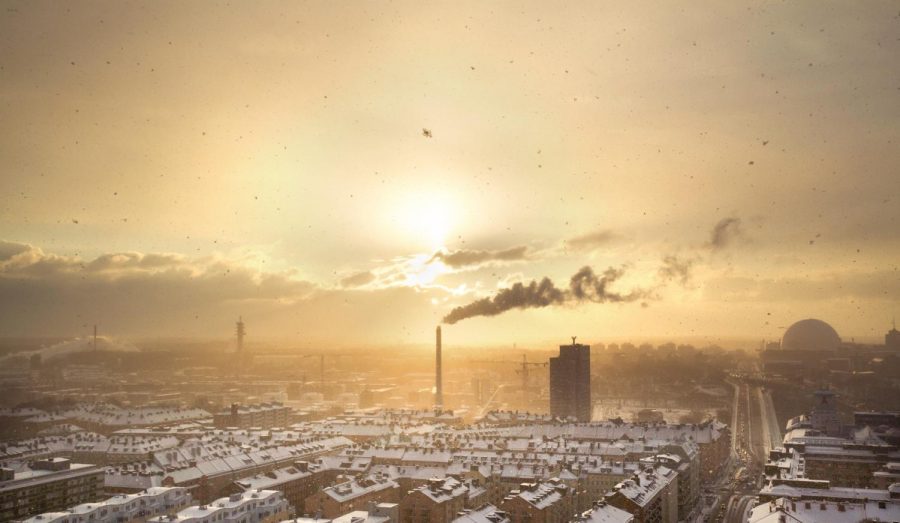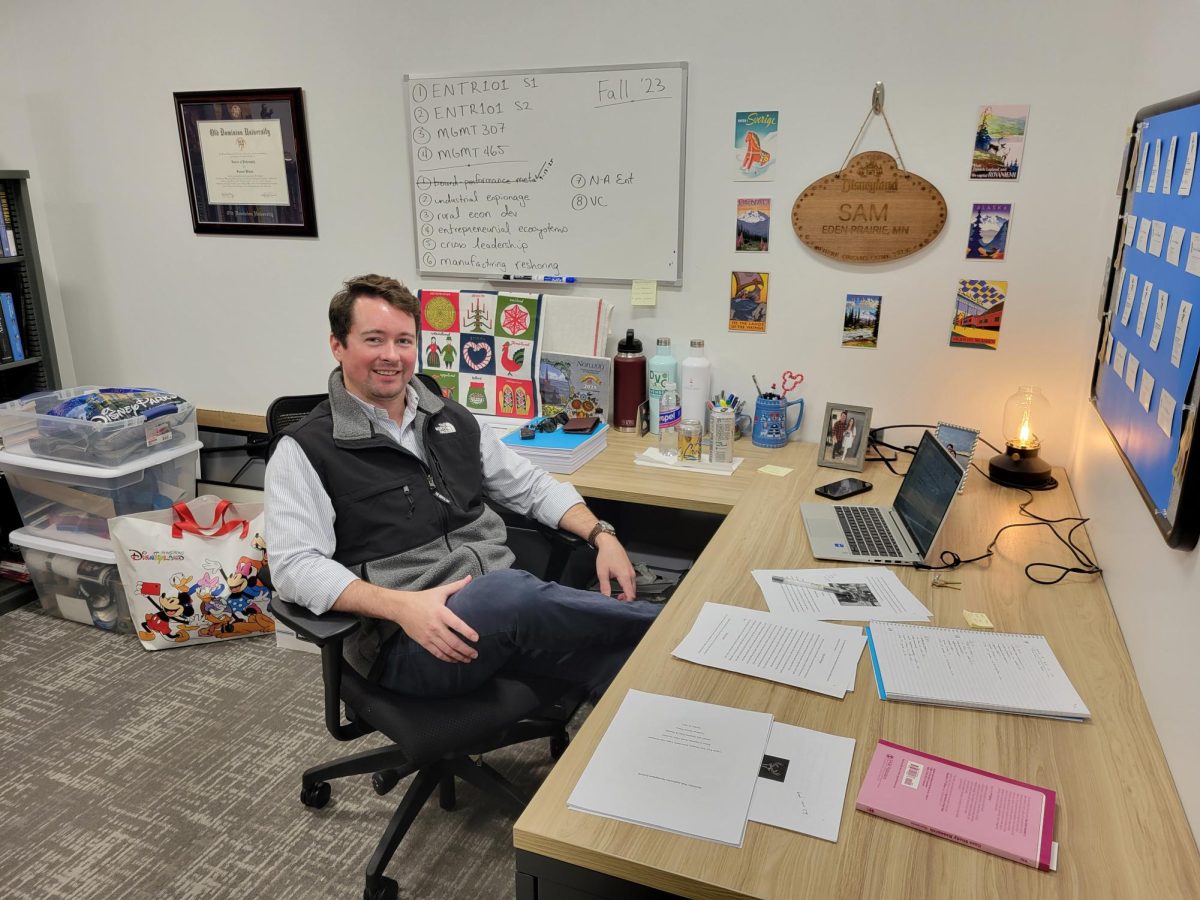Our Future with Regards to Global Warming
October 16, 2018
With the first flurries starting to fall out of the sky, everyone is probably thinking “Global warming isn’t looking too bad right now,” but when we take a step back and look at the potential effects on our way of life and the delicate balance of the global ecosystem, global warming doesn’t seem quite like a laughing matter. For non-science people, I will preface this by saying that the world is always trying to be at equilibrium. You can think of this like Goldilocks searching for the soup that was just right. The problem is that the world is constantly changing and trying to keep up and balance out the changes that it is facing. When we release pollutants too quickly, mother nature must go through drastic measures to keep up, and sometimes it is just incapable of adapting to the change.
The Intergovernmental Panel on Climate Change (IPCC) has determined that limiting global warming to 1.5°C compared to 2°C would have observable benefits to people and to natural ecosystems. At 2°C warming, virtually all coral reefs would be lost by the year 2100. At 1.5°C warming, 70-90% of the reefs would be lost in the same time frame. Although 90% loss is devastating to hear, having 10% remain is better than extinction. The researchers say global sea level would also be 10cm lower if we were able to contain the warming to 1.5°C instead of 2°C.
To reach this goal, action must be taken and embraced by governments, scientists, and industries alike. Rapid change would have to occur in various industrial practices and probably would not be embraced by very many that are facing the changes. I have had conversations over the years with people from different backgrounds to get their side of the story. The interesting thing I have noticed in most of these conversations is that everyone always thinks that their side is correct and that compromise is unachievable without destroying everything they have worked for or believe in. I believe that the inability of people to compromise has been the biggest problem with the fight against global warming. Scientists in this industry might need to take an economics class and have a basic understanding of the other side before they claim that industry is going to destroy the Earth.
The same goes for people in business. They should have a basic knowledge of ecology and environmental sciences so that they can make informed business decisions with the environment in mind. It is foolish to think that we will be able to revolutionize business practices overnight, but if compromises can be reached and opposing sides don’t think that everyone is out to get them, we might have a chance to make a difference with time. According to the IPCC, 1.5°C might not make that much of a difference, but it does help to some degree. If businesses can make decent profits while also feeling like they are helping the environment, they may be more apt to make those kinds of choices.
This approach is vital; regardless of the side you are on, we can’t criminalize the other side and simultaneously make the best choice. We must do our best to be educated in both science and business to understand the nuances of both disciplines if we hope to ultimately choose the best possible solution.






